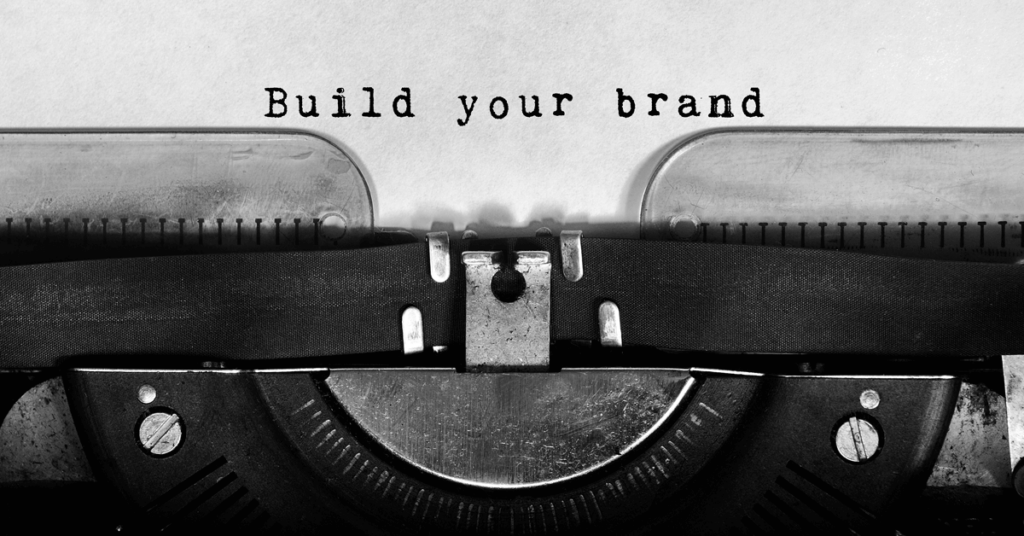Brand “You”
Think of yourself and your reputation as a brand, like Coca-Cola, Land’s End or Nike. Each has specific attributes and conjures up unique emotions when interacting with its customers and communities. The same is true for you.
We are all entrepreneurs, and lead our “You” brands complete with personal values and career aspirations, intellectual and emotional assets, and unique market differentiators. The key is to manage your career like a start-up business. Like entrepreneurs, we must invest in ourselves and thoughtfully take our product to market.
That may be easier said than done. As social creatures, people can be very sensitive, and we respect those who try to connect with others authentically. Being ourselves in public and at work can help establish our authenticity, but many of us struggle to build confident rapport with those around us. We need to put in effort to show our genuine selves. Creating your “You” brand requires self-awareness, commitment, and humility. On the flip side, you also need to know how to brag – at least a little.
There is an acceptable form of boasting. It’s called “bragging rights.” We give people permission to brag about real accomplishments. We often see it on social media sites. People use their “bragging rights” as a form of personal advertising. Great self-promoters understand personal marketing. It’s not hubris, overconfidence, or arrogance. It’s smart self-promotion.
Confident Humility
We tend to equate confidence with competence. But that is not always the case. Confident people are good at hiding their insecurities and incompetence. Their charismatic demeanor can fool you. That is where humility comes in. It is a good reality check and when expressed publicly can be a real relationship enhancer.
When you view yourself as a brand, you’re able to see opportunities to grow your personal ecosystem. It could be something as simple as how you introduce yourself. A short, provocative statement almost always gets the listener to explore more about you. And that’s the point. The more you share about yourself and your business, the wider you can stretch your personal ecosystem.
It’s About Your Relationships
The healthier relationships are, the more information is shared between parties. The more information is shared, the more people feel connected. The more people feel connected, the more they trust each other. The more trust people feel, the more interconnected and interdependent they will want to become. Having strong, trusted relationships with a wide range of people nourishes your personal ecosystem.
Tips for Conscious Living
- Choose to share what you know. Don’t be shy or protective about giving information away. Sharing information not only helps others, it also serves to build trust. The more you share, the more people will share with you.
- Diagnose how you are building relationships. Assess yourself against the four pillars of empathy, fairness, communication, and appreciation. Doing this will help you prevent missteps and ensure that you’re building solid mutually rewarding relationships.
- Go deeper with your colleagues. Get in the habit of setting aside five minutes to let a colleague tell a personal story about hobbies, family, or dreams – in others, get them to share something about themselves that people don’t already know.
Leveraging your personal ecosystem is part of the Think Big practice in our book CONSCIOUS: The Power of Awareness in Business and Life. The other steps are Go Deep, Get Real, and Step Up.







